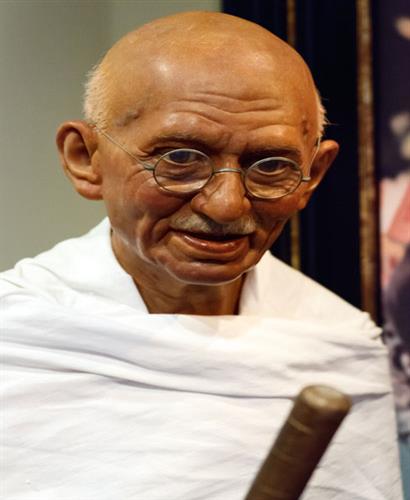Gandhi was a descendant of the royal families of Porbandar and Nagpur. He was born on 2nd October 1869 in Porbandar, present day Gujarat and educated at Elphinstone College, Mumbai where he obtained his BA degree in 1891.
He began his career as an attorney at law but left it after six months due to political reasons. He joined the Indian National Congress in 1893 and became its president in 1904. In 1919, he started a movement against untouchability but was imprisoned for 3 years by the British government for his efforts.

Gandhiji's civil disobedience was one of the most important acts of political activism in the history of India. He used this tactic to protest against British rule, which had been increasing in the country since independence.
Gandhiji wanted to end the practice of untouchability, which was practiced by caste Hindus against lower-caste Hindus. This practice denied these lower-caste Hindus access to basic services such as education and healthcare. Gandhiji believed that this practice was unjust and should be abolished immediately.
He also wanted to end British rule as a whole, which was seen as an oppressive force by many Indians at the time. He believed that Indians should be able to govern themselves without interference from outside forces like Britain or other countries.
Gandhi's civil disobedience helped him gain public support for his cause and make him one of the most famous political figures in world history. It also made him a hero among many Indians who were against British rule, as well as among people around the world who admired his commitment to nonviolence and truth-telling.
After Independence in 1947, he worked tirelessly to establish democracy in India through non-violence and civil disobedience (which means to withhold obedience to laws imposed by others). Gandhi led India's struggle for freedom against the British Empire - this included fasting unto death and satyagraha (non-cooperation with unjust laws). On 30th January 1948, he sat on a hunger strike for 27days. The Gandhian philosophy of non-violence and passive resistance is a powerful tool for challenging injustice. It has been used by Gandhi in several ways throughout his life, including during the Salt March of 1930 and the Quit India movement of 1942. During these times, Gandhi was able to rally support from millions of Indians who wished to end British rule over their country.